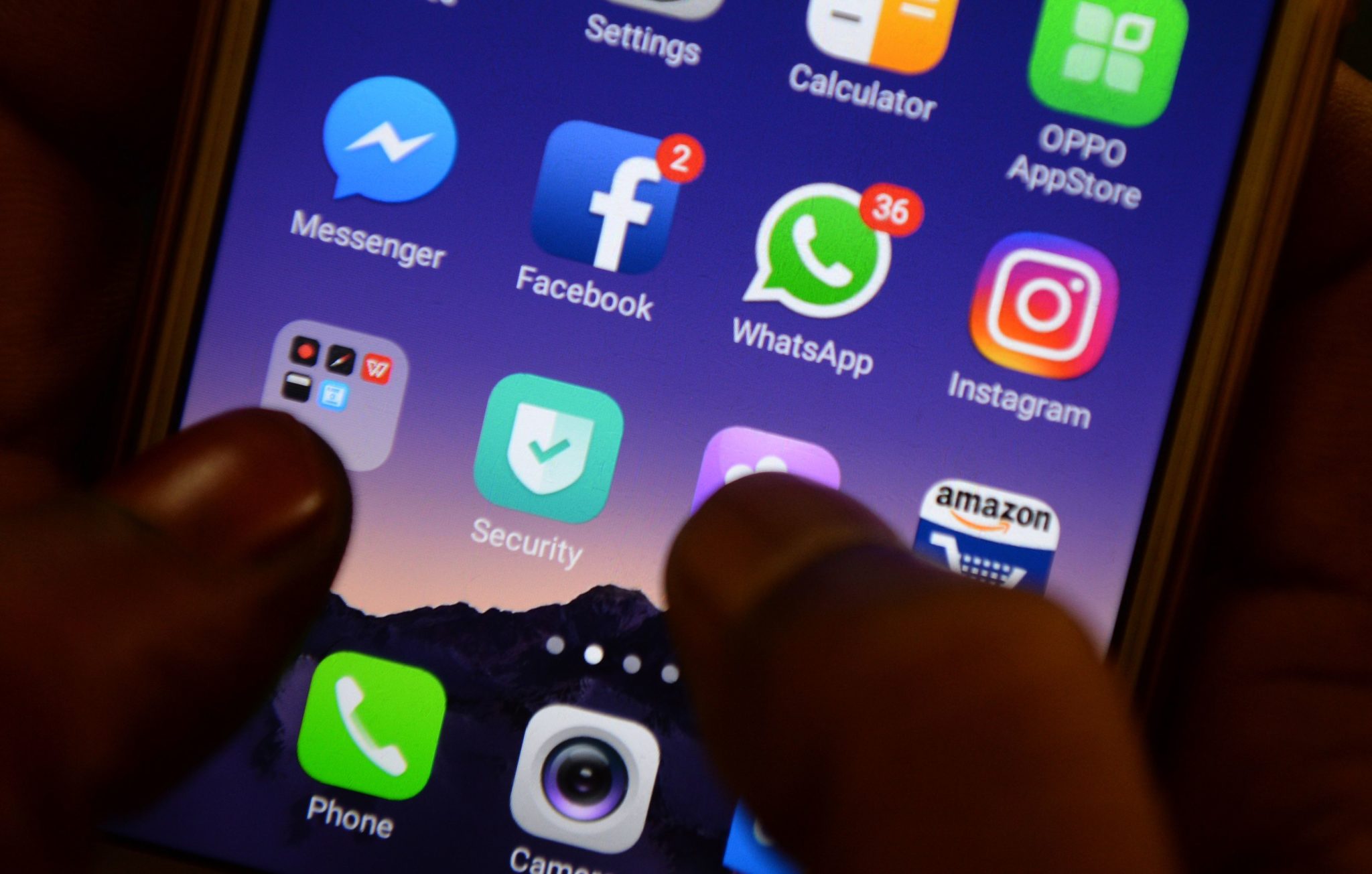Facebook will soon allow people on the social media platform to send direct messages to Instagram users and vice versa, the social media giant said in a blog post, signaling the first step in the company’s plan to unify messaging systems across all of its platforms, which also includes WhatsApp.
KEY FACTS
Instagram’s inbuilt instant messenger will also be updated to include a few additions including selfie stickers, custom backgrounds, and disappearing messages.
The feature will be open to all users by default but Instagram users who may want to keep their chats separate from Facebook may choose to opt-out of the update altogether, although this means they will also not receive all the other new features.
It is unclear as to when the cross-platform messaging will become available to all users, but CNN reported that the feature is presently being “tested in select markets and will expand globally in the coming months.”
The cross-platform integration presently excludes Facebook-owned messaging behemoth WhatsApp which has over 2 billion users worldwide.
Unlike Facebook Messenger and Instagram’s direct messages, WhatsApp features end-to-end encryption that prevents third parties including government and law enforcement from peering into messages in transit.
In 2019, Facebook CEO Mark Zuckerberg had outlined a plan that would see his company pivot away from public communications to focus on encrypted private messaging.
CRUCIAL QUOTE
Responding to a question on WhatsApp integration on Twitter, Facebook’s EMEA Technology Communications Manager Alexandru Voica wrote, “Right now, we are focused on cross-app communications Messenger and Instagram. We are still determining how cross-app communications will work with WhatsApp. WhatsApp will continue to remain a separate, end-to-end encrypted app at this time.”
CHIEF CRITIC
After Zuckerberg announced his company’s intention to integrate its service, Facebook co-founder Chris Hughes wrote for the New York Times, calling for Facebook to be broken up. Arguing that Facebook has become a monopoly which in turn has limited competition and held back innovation, Hughes wrote, “Mark’s influence is staggering, far beyond that of anyone else in the private sector or in government. He controls three core communications platforms — Facebook, Instagram and WhatsApp — that billions of people use every day.” He then called on the government to move quickly to split Facebook from Instagram and WhatsApp adding, “Until recently, WhatsApp and Instagram were administered as independent platforms inside the parent company, so that should make the process easier. But time is of the essence: Facebook is working quickly to integrate the three, which would make it harder for the F.T.C. to split them up.”
TANGENT
On Tuesday, Facebook announced that it was testing a unified ‘Accounts Centre’ that would control login and other activity on Facebook, Instagram, Messenger from a single platform. Once operational this will allow users to log into all three of the apps from a single platform and cross-post content. “Whether you want to share a story to Instagram and Facebook at the same time, or use your Facebook account to log into Instagram, setting up your Accounts Center will allow you to control connected experiences that work across our apps,” Facebook said in its blog post.
KEY BACKGROUND
Lawmakers around the world have expressed concern over Facebook’s plan to integrate its messaging platforms. The company is presently facing antitrust scrutiny in both the U.S. and the European Union. Senator Elizabeth Warren (D-MA) has called for the breaking up of big tech companies including Facebook. The Democratic presidential candidate Joe Biden and his running mate Kamala Harris have both said that the issue of breaking up Facebook is something that needs to be given a serious look. However, breaking the company up may become difficult if Facebook manages to merge all its services under a single umbrella.
-By Siladitya Ray, Forbes Staff
